Liz Truss poised to take over as new British PM, Tory leader
Liz Truss is expected to be announced as the new British prime minister on Monday, replacing her former boss Boris Johnson, after a grueling eight-week Tory leadership campaign.
The British foreign secretary and her challenger Rishi Sunak have spent the past several weeks traveling across the country in order to win the favor of about 150,000-200,000 party members.
While Truss has been a clear front-runner in the high-voltage race, both contenders have come head-to-head at 12 campaign events over the last eight weeks to try to win over party members.
The cut-throat race to the 10 Downing Street draws to an end as voting lines closed on Friday, with the formal announcement expected on Monday afternoon by 1922 Committee chair Graham Brady.
The leadership battle was triggered after the outgoing prime minister Boris Johnson on July 7 announced he would be resigning after several ministers and backbenchers called it quits.
Johnson has stayed on as caretaker PM and will formally resign from office on Tuesday, after officially informing British Queen Elizabeth II of his decision to step down.
The new leader will make a speech following the formal announcement, according to reports, before moving to finalize their cabinet choices and ministerial portfolios.
According to the plan, Queen Elizabeth II will appoint the new British prime minister on Tuesday at Balmoral Castle in Scotland, in the presence of the outgoing premier.
It is the first time in the monarch’s long tenure the ceremony will be held at the famed highland estate. Called “kissing hands,” the ceremony has traditionally taken place at Buckingham Palace in London.
Truss, who has a clear edge over Sunak, has vowed to act swiftly to tackle the country's rapidly worsening cost-of-living crisis that has been linked to the months-long Ukraine conflict.
Some reports have suggested that Truss is mulling over freezing energy bills to help people through the crisis, which has in recent months prompted a series of countrywide strikes and protests in the UK.
Speaking to the BBC on Sunday, the Tory leadership hopeful refused to divulge details about her plans, saying she would need time in the office first in order to finalize her roadmap.
Sunak, the former Treasury chief, said he would target further payments at the poorest.
Britain has been struggling with soaring inflation, labor strife, and crisis in the country's healthcare system since early July when Johnson announced that he was stepping down.
During the campaign, Truss pledged to boost defense spending, slash taxes and improve energy supplies, but she didn't reveal how she plans to respond to the deteriorating cost-of-living crisis.
With energy bills set to increase by 80 percent next month, charities have warned that as many as one in three households will face fuel poverty this winter, leaving millions to brace with biting cold.
The Bank of England has forecast that inflation will reach a 42-year high of 13.3 percent in October, threatening to push the country into a prolonged recession.
Goldman Sachs has estimated that inflation in the UK could climb to 22 percent by next year.
Meanwhile, the Tory former chief whip Mark Harper has called on the party’s next leader to appoint a broad-based cabinet, saying the election campaign has been "quite bruising."
“From my experience as a former government chief whip in terms of managing the parliamentary party, if you’ve got a very broadly-based cabinet, so accounting for people, not just people who have supported the winner, then that’s most likely to have a unified and cohesive parliamentary party.
Johnson leaves Downing Street in humiliation after being accused of repeatedly breaking the rules on standards in public life, including hosting a law-breaking party during the Covid-19 pandemic.
Experts believe the downfall of the Conservative Party has also begun, with the staggering fall of the outgoing prime minister.
From Iraq to Gaza: The great disconnect between British people and rulers
Syria condemns Israel's killing of 36 in 'horrific' strike on Palmyra
Iran rejects UN human rights resolution as politically-motivated, unjustified
US Senate rejects bids to halt military sales to Israel
US veto of Gaza resolution 'license' for more Israeli crimes: Tehran
Iran urges IAEA Governors Board to oppose E3’s anti-Iran resolution
Nov. 20: ‘Axis of Resistance’ operations against Israeli occupation
VIDEO | Iran celebrates National Hero Day, honoring Martyr Qassem Soleimani


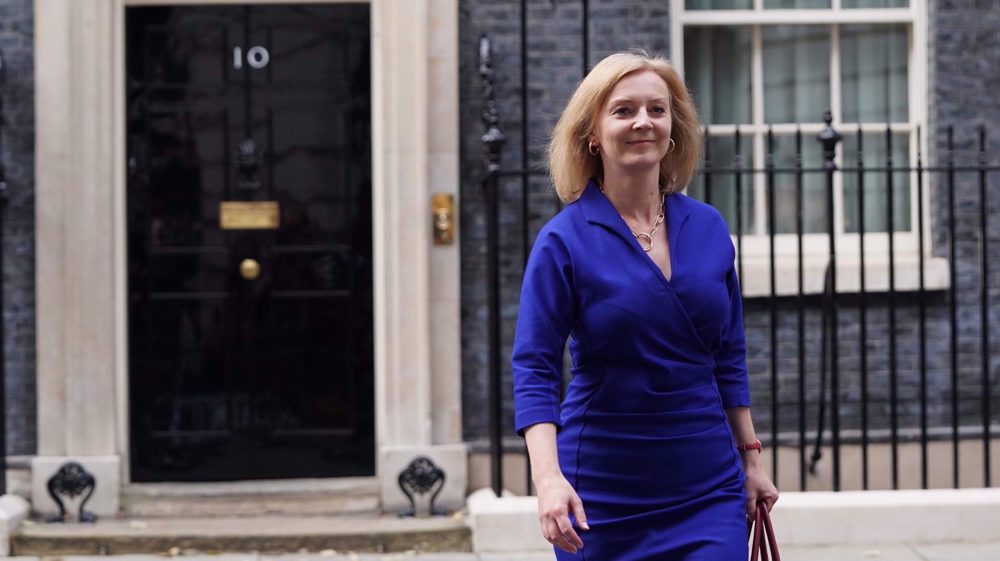
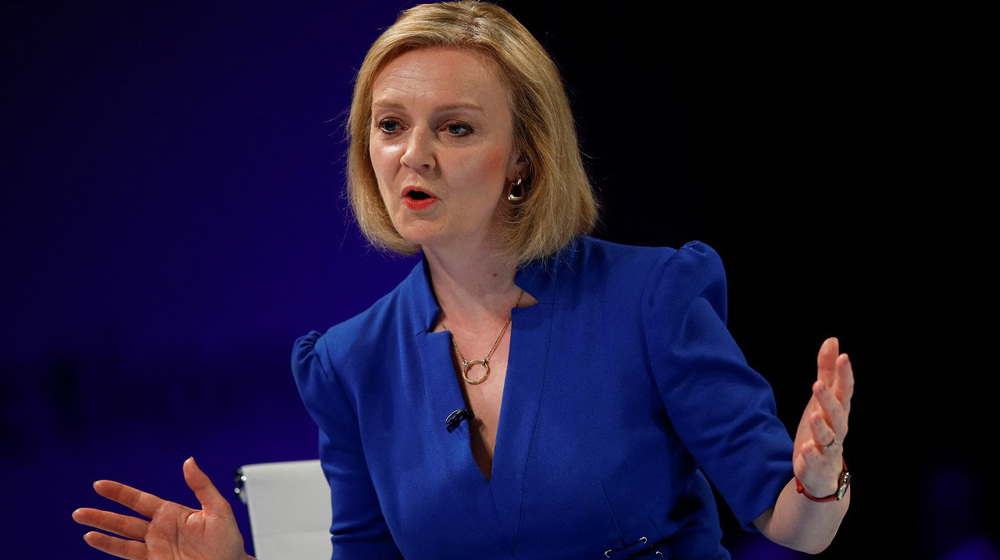
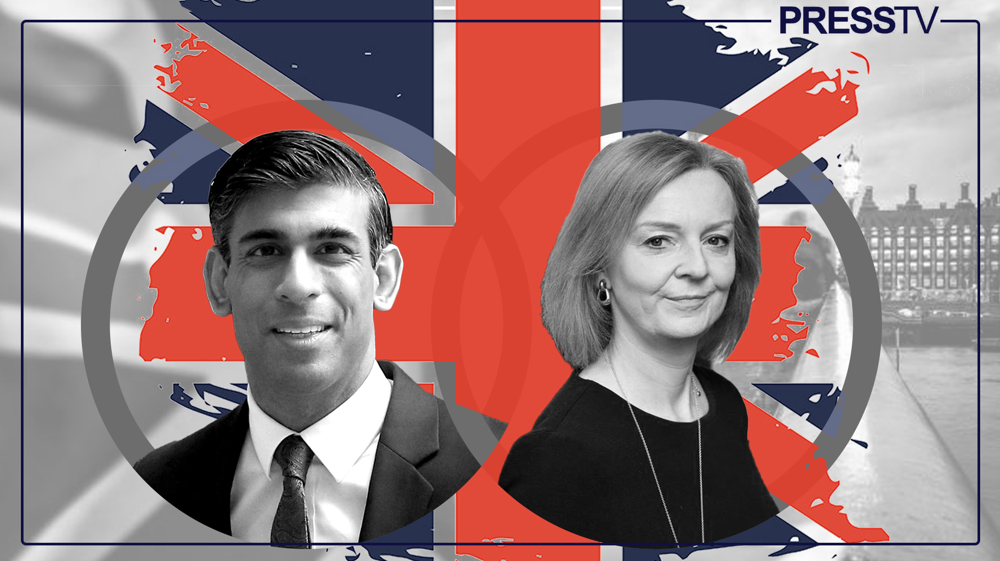
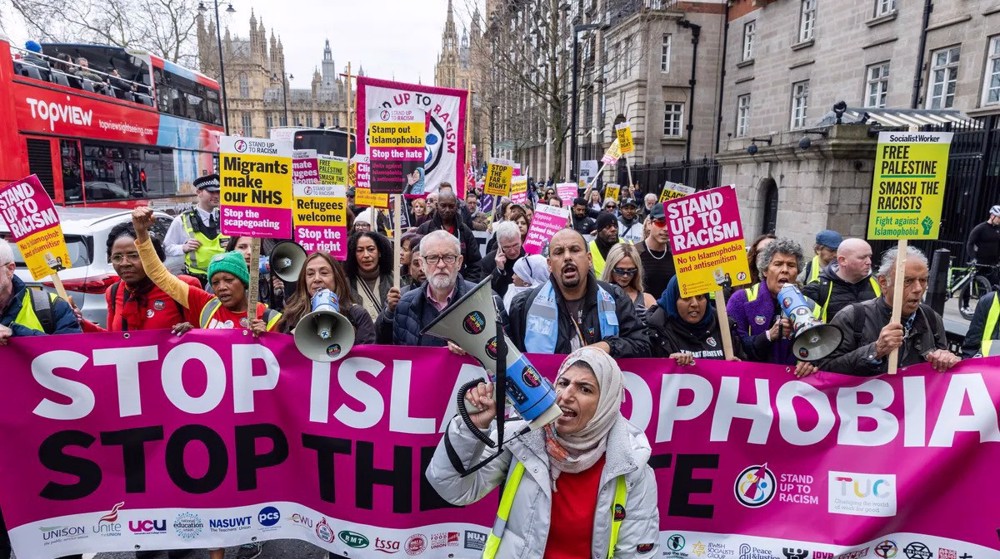
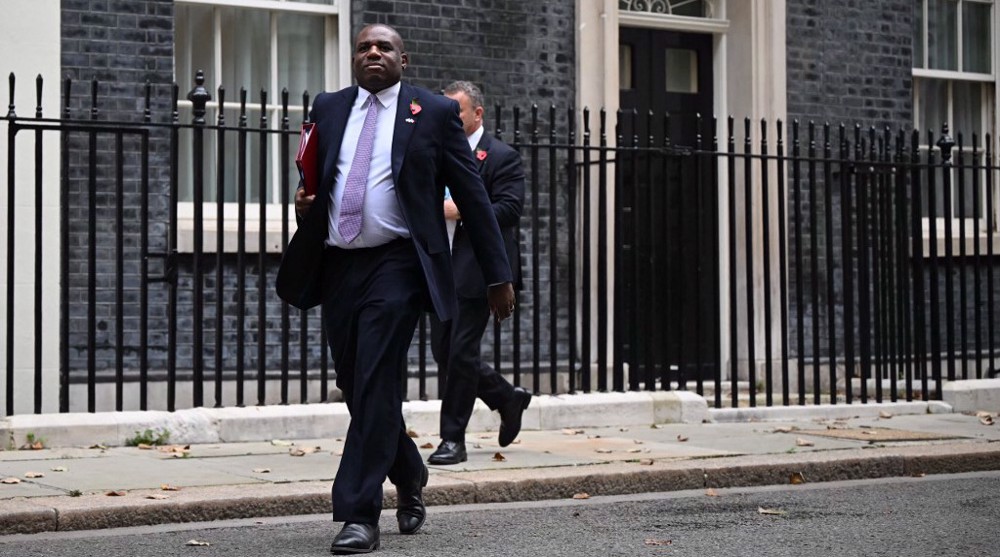
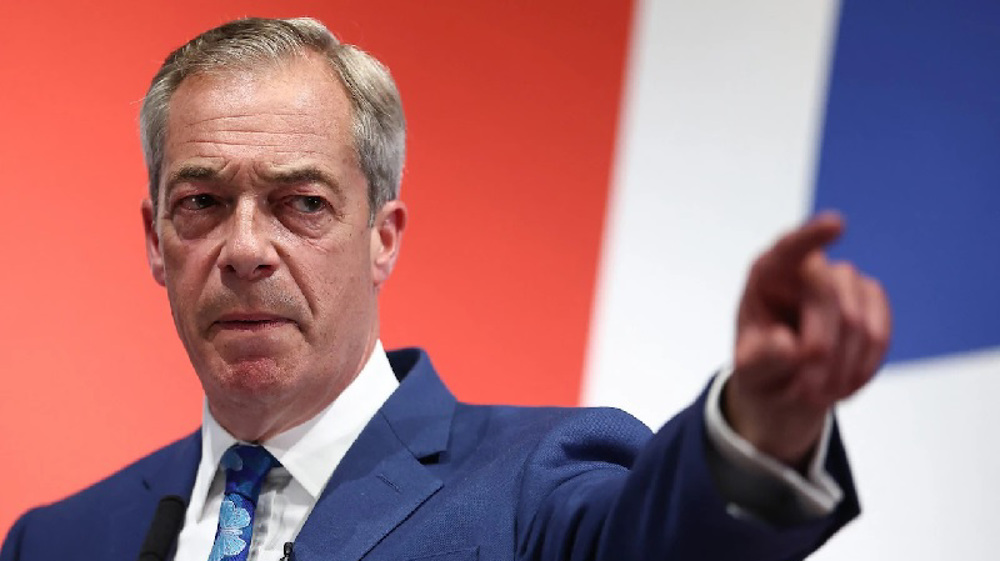



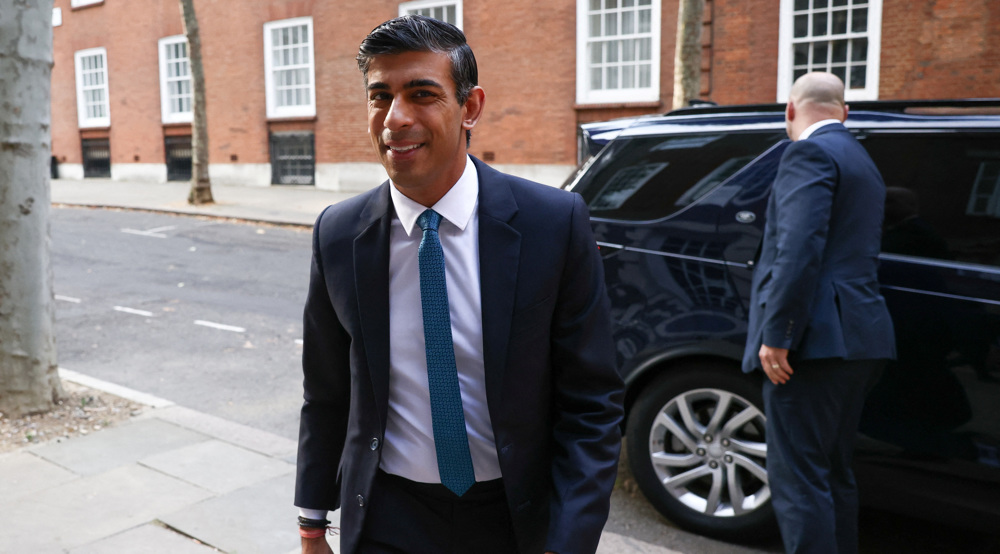
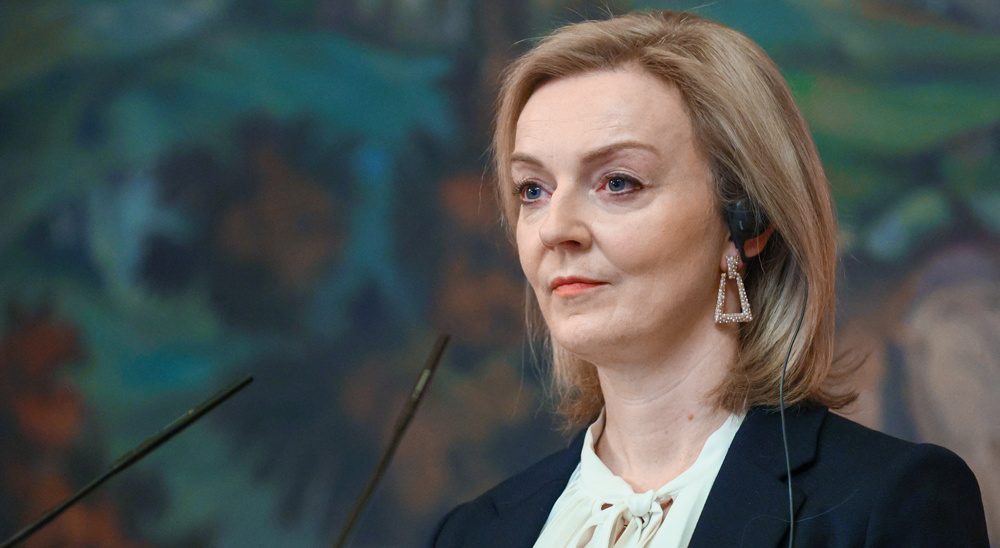
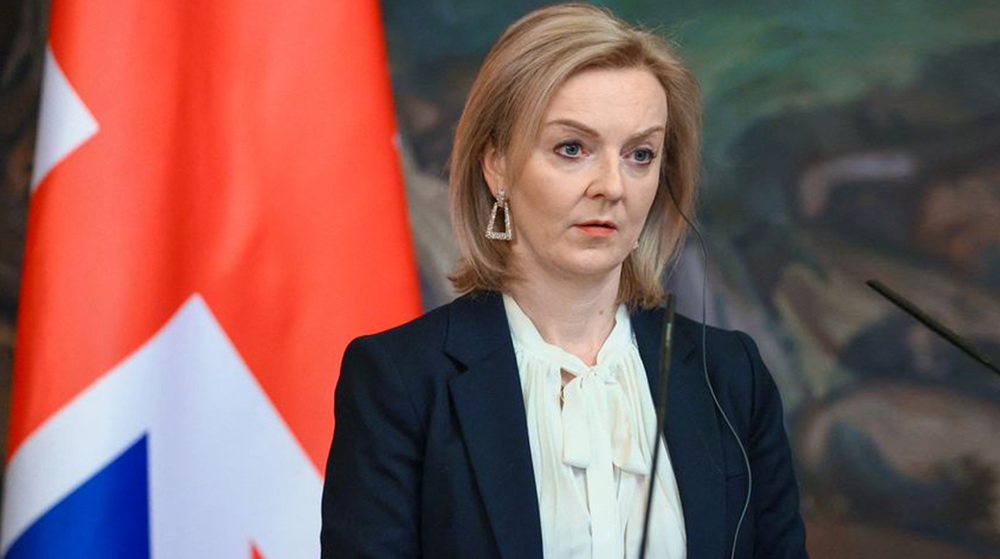
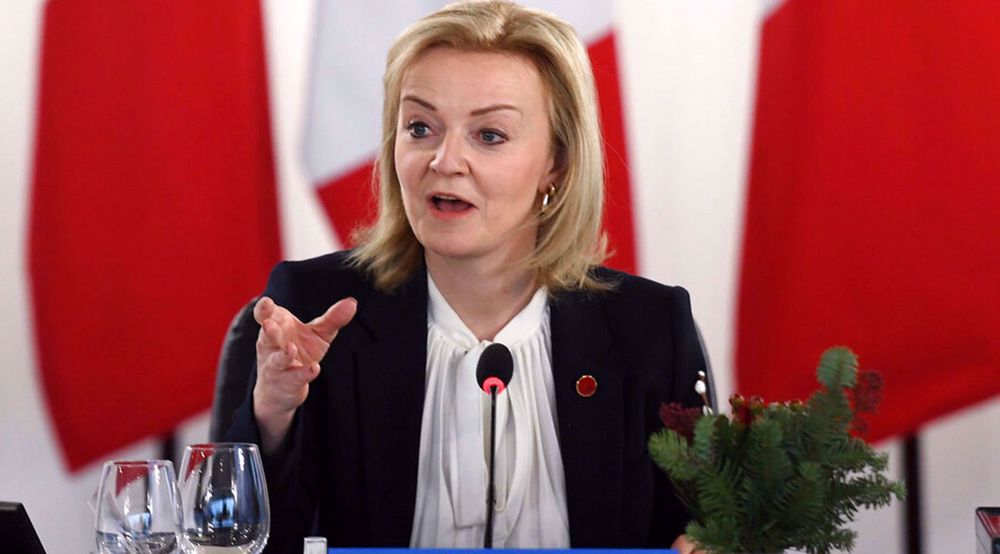

 This makes it easy to access the Press TV website
This makes it easy to access the Press TV website